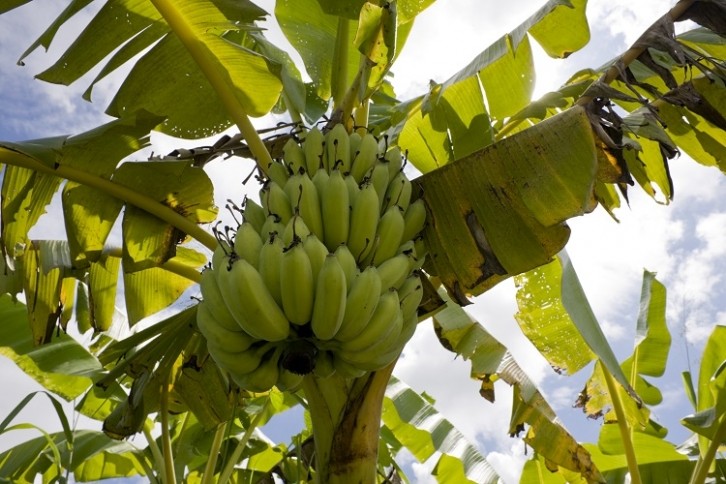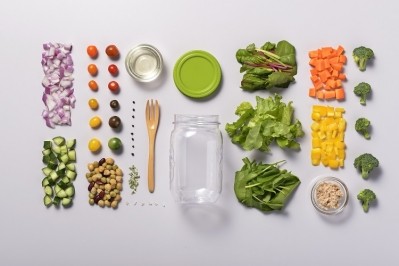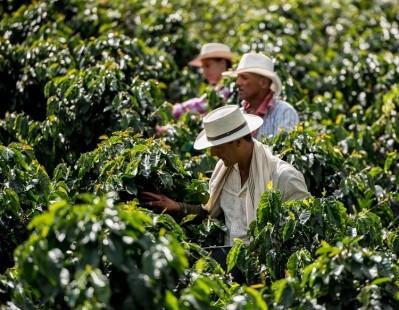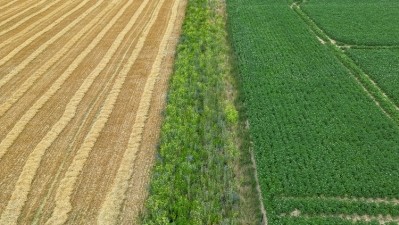A fair day’s wage for a fair day’s work? Banana workers could earn living wage
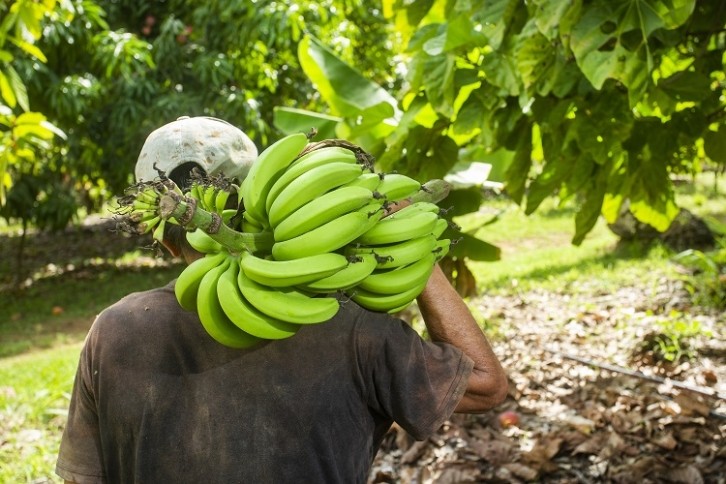
A living wage is when workers are paid enough to achieve a decent standard of living for all household members. Not all workers receive this wage, and doing so often proves a challenge to workers both in the richer global north economies, and in the global south, where workers in a range of sectors, such as cocoa and bananas, do not earn enough to live comfortably.
Many banana workers supplying UK retailers do not currently earn a living wage. But major UK retailers including Sainsbury’s, Marks & Spencer, Lidl GB, and the Co-Op have all agreed to strive to change this; through an initiative by the IDH (Sustainable Trade Initiative), they will work to calculate, and narrow, the living wage gap in their supply chains, aiming to provide workers a living wage by the end of 2027. Similar initiatives are taking place in the Belgian, German and Dutch markets.
The 'banana pandemic'
Because of monocropping, bananas are particularly vulnerable to disease. In the 1950s, the fungus TR1, also known as Panama disease, wiped out the Gros Michel banana variety, and since the 1990s has threatened to wipe out the Cavendish variety, which represents close to 50% of bananas worldwide. Monocrops in general are particularly vulnerable to this.
"By bringing retailers together around commitments on living wages, they are taking shared responsibility for the role they can play in enabling living wages to be paid. This means not only responsible procurement practices and paying suppliers fairly, but also supporting and investing in capacity building on productivity, collective bargaining, and gender equality," Amanda Penn, IDH UK retail commitment lead, told FoodNavigator.
Living wage gaps are calculated using a digital tool called the salary matrix. "Finding a way to scale the verification of the data collected has been a challenge, and of course, retailers rely on good data to inform their decisions. Banana-producing companies face many challenges that impact their cost of production and access to markets. Therefore, it is important for the whole supply chain to work together and take shared responsibility for ensuring the industry can sustain living wages," Penn told us.
Sainsbury’s in particular, working with the organisation Fairtrade, aims to make a living wage a reality for its banana workers in Cameroon, Ghana, Colombia and the Dominican Republic.
From this month, according to Sainsbury’s, every banana purchased will contribute towards giving workers a living wage. Furthermore, it will, the company suggests, go towards helping farmers improve sustainable agricultural practices such as carbon capture, water footprint reduction, and improving soil health and biodiversity. It states that it is aiming to make good on its commitment to IDH earlier than the end date of 2027.
Barriers to a living wage
Historically, banana workers have often struggled to earn a living wage. Because of the informal nature of the sector, banana workers often lack the protections that workers in other sectors have.
According to a Fairtrade Foundation Spokesperson, they are some of the most vulnerable people in global trade. “Without access to land or unable to make a living from it, they have few options for a sustainable livelihood. Banana workers often lack formal contracts, freedom of association, basic health and safety assurances, and adequate wages, among other challenges. Many are not unionised, for example in Dominican Republic, Peru and Ecuador.
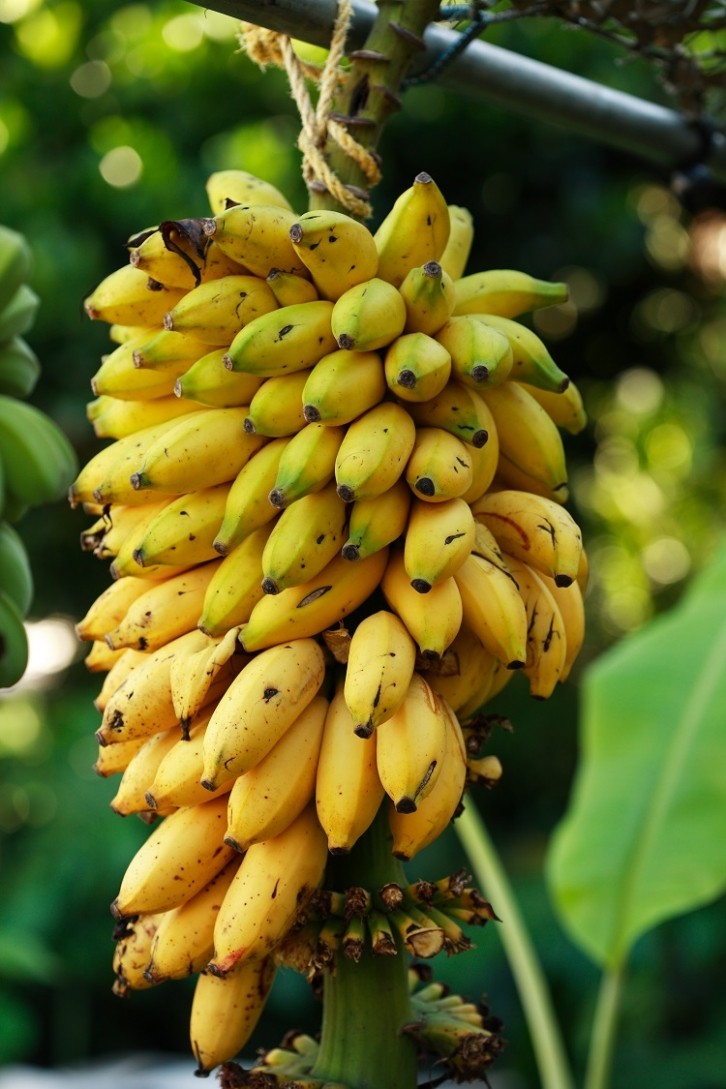
“There is also a low awareness of workers’ rights. Workers face strenuous work and poor living conditions. Migrant workers are particularly vulnerable.”
Supporting a living wage
Sainsbury’s hopes to change this. According to the Sainsbury's spokesperson, it is the first retailer to pay the Fairtrade Living Wage Reference Price. This is, essentially, the price for 18.14kg of fresh bananas, adjusted for the banana producing country, that if paid would ensure all workers on a banana plantation can earn at least a gross living wage.
“Fairtrade reviews salaries given on each plantation and allocates the social premium based on this and the volume of bananas bought by Sainsbury’s,” a Sainsbury's spokesperson told FoodNavigator. The supplier then pays it to banana plantations, who distribute it among the workers.
“Growers can also benefit from new long-term contracts, which gives them certainty of production allowing them to invest in wages for the long term.”
“This move will positively impact workers in Cameroon, Colombia, Dominican Republic and Ghana. Fairtrade will also work with Sainsbury’s to support producer organisations and focus on farm practices and a diversified crop base to mitigate climate risks, capture carbon, reduce water footprints and improve income opportunities, biodiversity and soil health,” added the Fairtrade Foundation spokesperson.
Boosting sustainability in agricultural practices
Part of the money raised by Sainsbury’s will also go towards training banana workers to take part in more sustainable methods of agriculture. Fairtrade’s programme “integrates a set of interventions that seek to improve the income and living conditions of small banana producers, workers and communities, through a more sustainable and responsible use of natural resources, reducing social and environmental externalities,” the Sainsbury's spokesperson told us.
This covers both plantations and small-scale farmers, allowing them to address a range of challenges, such as the deterioration of soil health, inadequate management of water and environmental damage.
“The promotion of practices and technologies will contribute to the livelihoods of small producers to be dignified and sustainable over time, recovering the productive capacity of their plots, without deteriorating the ecosystem, for which key actions are defined in each of the pillars.”
Reaction from NGO
Not all assessments of the programme were positive, however. Banana Link, a not-for-profit that aims to ensure fair and ethical trading practices across the banana supply chain, was more sceptical about the plan.
B Lab
The Fairtrade Foundation also has a partnership with B Lab, the certification body for B Corp companies.
“Although we welcome the move to invest additional resources in workers’ wages and sign longer-term contracts with producers, Banana Link is not convinced of the sustainability of Sainsbury’s chosen means of transferring extra value to workers. Rather than transfer extra money as a ‘windfall’ premium to the workers’ committees in producing countries, the company could have chosen to dedicate funds to collective bargaining which would ensure that higher wages are enshrined for good,” said Banana Link’s International Coordinator, Alistair Smith.
“Putting the extra value into the collective bargaining process between producers and the trade unions present would ensure that living wages are backed in local legislation and that both workers and the company enjoy the benefits of good industrial relations that do not just depend on the goodwill of an overseas buyer.” Banana workers, the organisation suggested, should be given more of a prominent role in negotiating changes that will affect their wages.
We also contacted the Global Living Wage Coalition, but were referred to Fairtrade’s comments.
